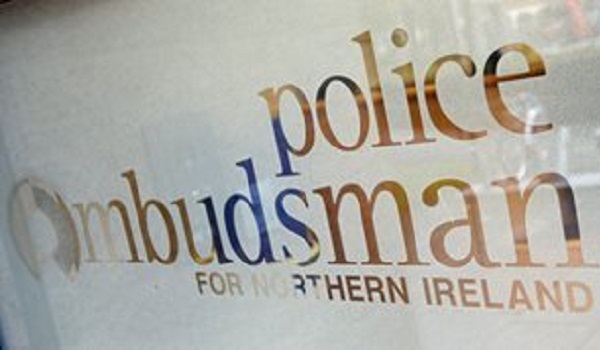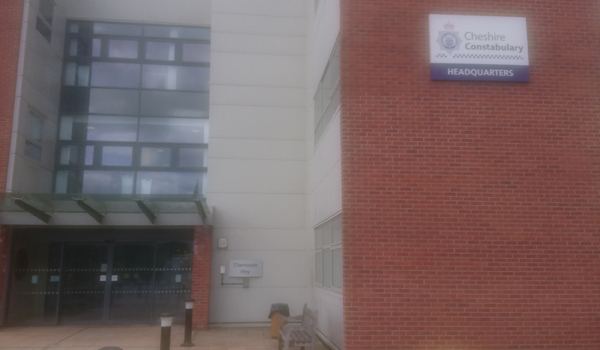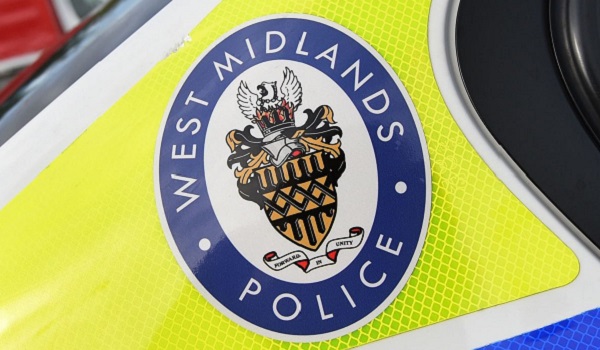Gangs Matrix: law not in place for legitimate law enforcement responses
The Metropolitan Police Service’s (MPS) Gangs Matrix is being used in a way that does not comply with its own laws, according to the Information Commissioner’s Office (ICO).
The ICO concluded that while the database was legitimate, “the inconsistent way it was being used did not comply with data protection rules”.
It also found evidence of serious breaches of data protection laws that had the potential to cause damage and distress to the disproportionate number of young, black men on the Matrix, which records intelligence on gang members in London.
As a result, the ICO has issued an enforcement notice requiring the MPS Commissioner to make changes within six months.
The investigation into the MPS database began in October 2017, following concerns raised by Amnesty International. *link*
The results, published on Friday (November 16), include recommendations that the MPS ensures the Gangs Matrix distinguishes between victims of crime and offenders, which currently is not the case, leading to confusion among those using it.
A recent inspection into the way child criminal exploitation is dealt with called for a “shift in culture” and to view all children as victims first and foremost before dealing with their criminal behaviour. *link*
The ICO also said the MPS must also delete any informal lists of people who no longer meet the criteria for being on the Matrix.
The MPS will review how intelligence is shared with other public bodies, assessing whether the sharing of that information is necessary and justified. Any public bodies receiving the Matrix information must understand how to properly interpret it.
The MPS has already stopped sharing personal data on the Gangs Matrix with third parties, if there is no individual sharing agreement in place.
Deputy Information Commissioner of Operations, James Dipple-Johnstone, said: “I am pleased that the MPS has been cooperating with us and has committed to bringing the Gangs Matrix in line with data protection laws, and we will continue to work with them.
“I believe that by taking these steps and demonstrating that people’s data rights matter to them, the MPS will be able to build increased trust amongst their communities.”
He added: “Protecting the public from violent crime is an important mission and we recognise the unique challenges the MPS faces in tackling this.
“Our aim is not to prevent this vital work, nor are we saying that the use of a database in this context is not appropriate; we need to ensure that there are suitable policies and processes in place and that these are followed.
“Clear and rigorous oversight and governance is essential, so the personal data of people on the database is protected and the community can have confidence that their information is being used in an appropriate way.”
Deputy Assistant Commissioner of MPS Operations Duncan Ball said: “The Gangs Matrix is an intelligence tool that the Met uses to reduce the impact of gang violence on the communities of London. It is designed to assist us in effectively targeting violent offenders and prevent victimisation of those affected by serious crime. We will continue to use the Gangs Matrix in our work to bring safety to communities.
“We welcome the independent scrutiny of the ICO and accept the enforcement notice issued against the Met for Data Protection Act breaches with regard to the Gangs Matrix. We have already started work to ensure that we improve our data handling and information sharing with partners, who are also involved in community safety work.
“As well as addressing the concerns within the ICO report, we are also taking forward additional work including the introduction of a public facing website to explain the legal framework for the Gangs Matrix and further information to improve public confidence and transparency. We have a constructive relationship with the ICO and will continue to work with them as we go forward.”







